

ASCE Library Sustainable Cities and Communities Collection
The UN reports that over half the global population now reside in cities. This growing urbanization puts a strain on the existing infrastructure and increases the importance of sustainability. Civil engineers are exploring ways to make our urban infrastructure more resilient and sustainable for future generations. This curated content from the ASCE Library contains key journal papers, books, and proceedings papers that address the UN SDG 11 for Sustainable Cities and Communities.
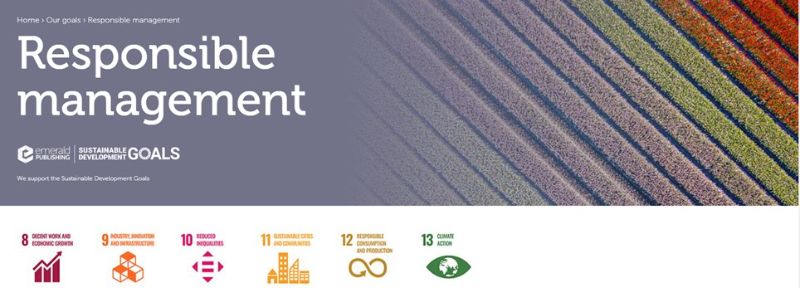
Responsible Management
Responsible Management is one of Emerald’s 4 goals areas designed to promote research leading to a more ethical, responsible, and sustainable ways of working. Our commitment to the SDGs is showcased via our theme-based missions focussing on key interdisciplinary topics for decent work for all. We use a broad array of outputs to reach a wider audience beyond academia and are committed to make research open to all as illustrated by our innovative Open Research platform with its 6 gateways.
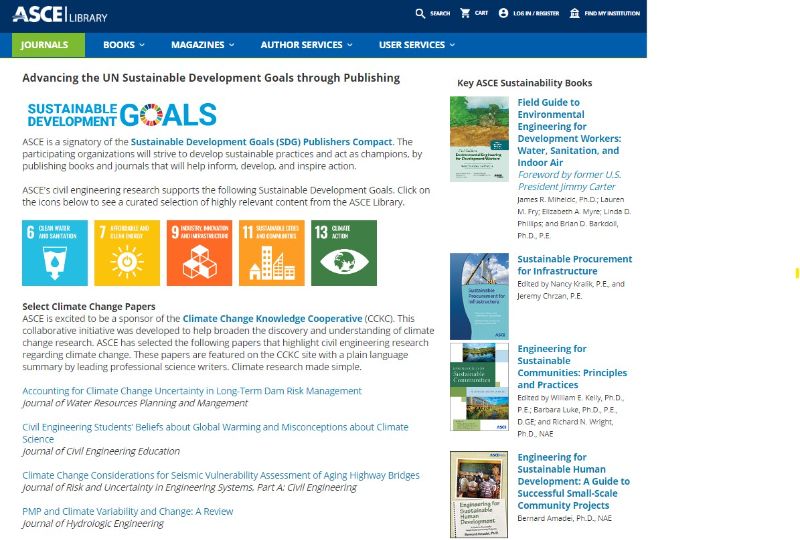
ASCE Publishing SDG collections
ASCE Publishing’s SDG hub provides granular collections of sustainability- and SDG-related content. These collections raise the profile and discoverability of relevant research from ASCE’s vast volume of content. Five collections have been curated that address the SDGs in which ASCE publishes the greatest volume of content: Clean Water and Sanitation (6), Affordable and Clean Energy (7), Industry, Innovation, and Infrastructure (9), Sustainable Cities and Communities (11), Climate Action (13).

Sustainbility Hub
Stories and case studies on more sustainable, positive impact business practices, and how to connect communities and help them do the same.

The Sustainable Development Goals Programme SDG 11 Hub: Sustainable Cities & Communities
As a champion of research that has a direct impact on societal challenges, we at Springer Nature are committed to publishing research to benefit the future of sustainable cities and communities. This hub features research and content from across our imprints, channels and disciplines related to making progress towards SDG 11.
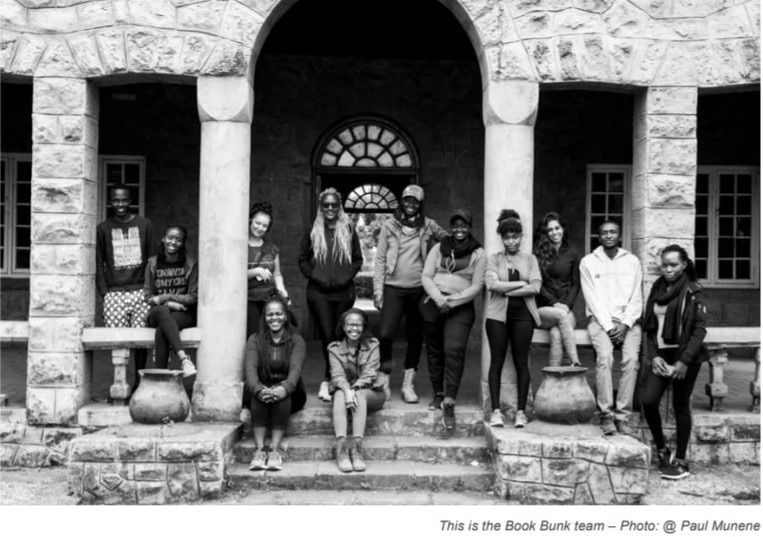
Restoration of the McMillan Memorial Library and its branches, Kaloleni and Makaadara, in Nairobi
Book Bunk, an independent organization based in Nairobi, is working on restoring the McMillian Memorial Library and two of its branches, the Kaloleni and Makadara libraries. The founders were inspired to restore the library because they believe that public libraries are a cornerstone of so much, including fostering civic space and participation. The project injects a considered and inclusive programme of events into public centres of culture and knowledge.

The Springer Nature Grand Challenges Programme (GCP)
In 2017, academic publisher Springer Nature launched their Grand Challenges programme (GCP) aiming to help develop solutions to some of the most pressing challenges of our time with sustainable cities as one of their target challenges.
An example of this research includes a study that looked at 185 Chinese cities of different sizes over a period of seven years. It concluded that a reduction of air and water pollution had the effect of increasing direct foreign investment inflows.
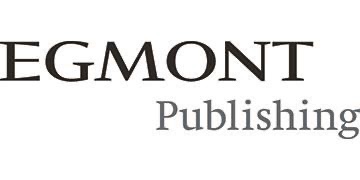
Egmont Social Compliance Programme
In 2005, Egmont, a Danish publisher, implemented the Egmont Social Compliance Programme to ensure that all suppliers respect human rights and safeguard the salary conditions and safety of their workers. The programme includes, for instance, the mapping of manufacturers; their health and safety assessments, social audits, and their compliance to the Egmont code of conduct. The resulting information, along with a report of their CO2 emissions has been compiled into a report.
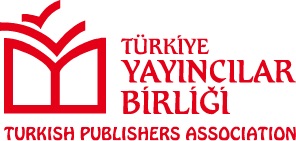
Principles of Publishing
“Our Principles of Publishing” document prepared by TPA aims to support the publishing industry and its stakeholders to accept and apply the stated principles to achieve common nominators of more equal individuals and institutions in terms of race, color, ethnic origins, age, religion, beliefs, disability status, gender, sexual identity, and sexual orientation. It also sets the rules for professional conduct.

2017 Environment Guidelines for the whole book chain
Environment Guidelines for the whole book chain:
a. Design
b. Paper
c. Printing
d. Reprints
e. Storage
f. Transport
g. Marketing
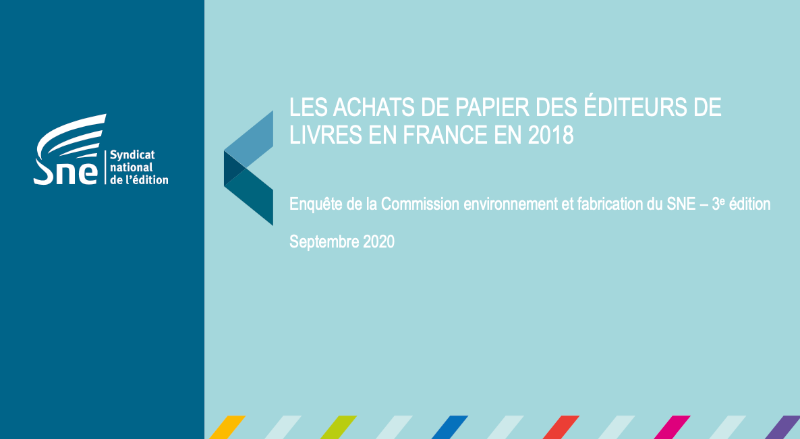
Survey on publishers’ consumption of paper
Survey on publishers’ consumption of paper: Every other year, since 2013. In 2018, 95% of paper used was PEFC or FSC certified or recycled.

Survey on unsold books: returns, pulping and recycling
Survey on unsold books: returns, pulping and recycling. Every other year 100% of pulped copies are recycled.
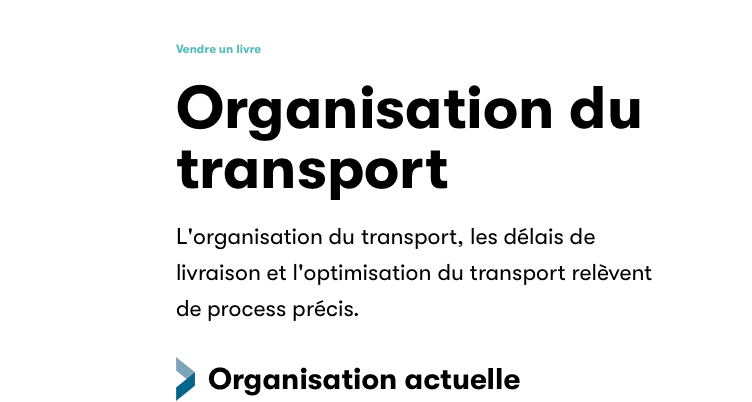
Clean night delivery scheme
Within the Paris region, transportation by night in order to save costs, increase the productivity and have a positive impact on the environment by the use of silent and environment friendly vehicles.
